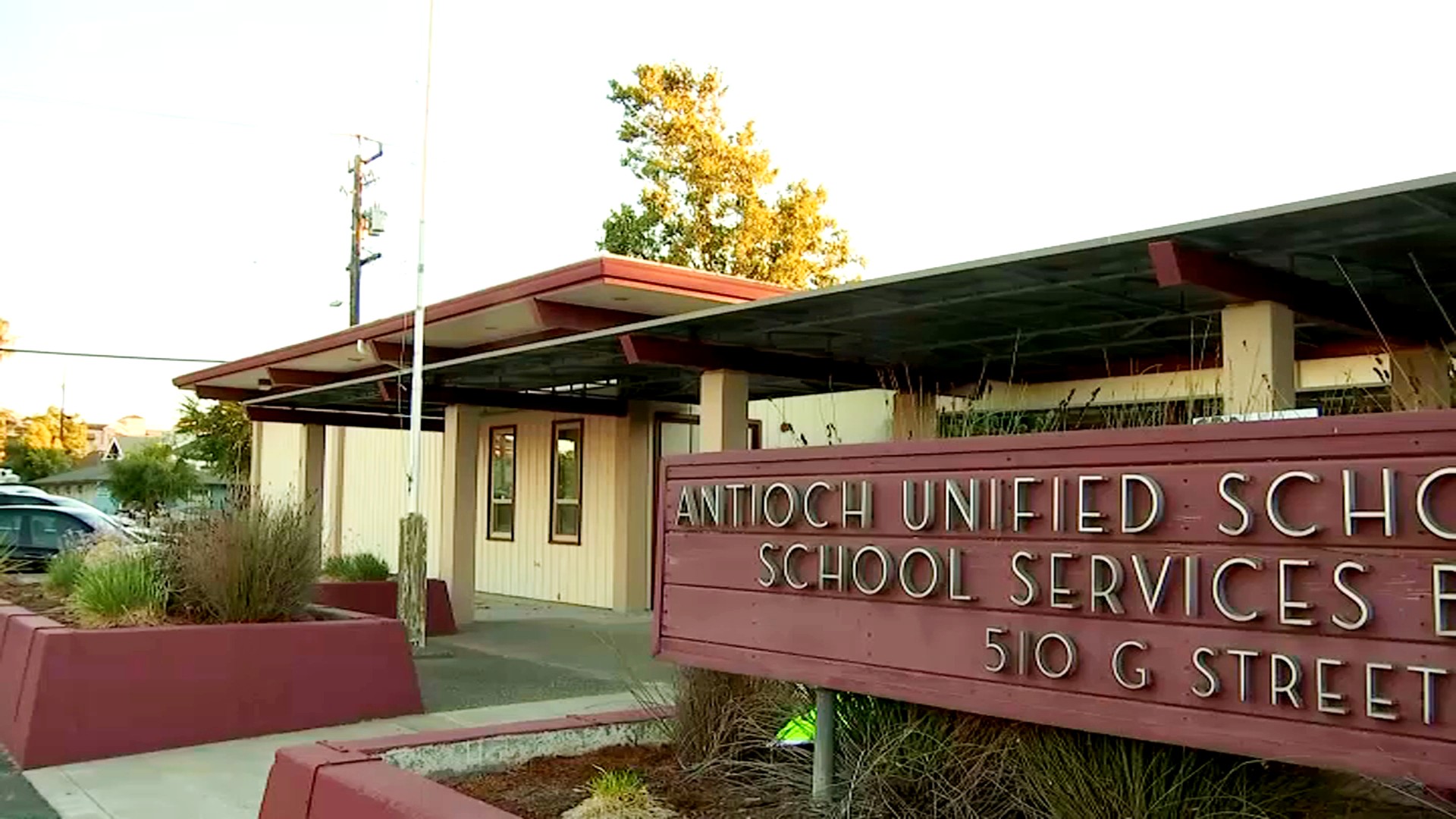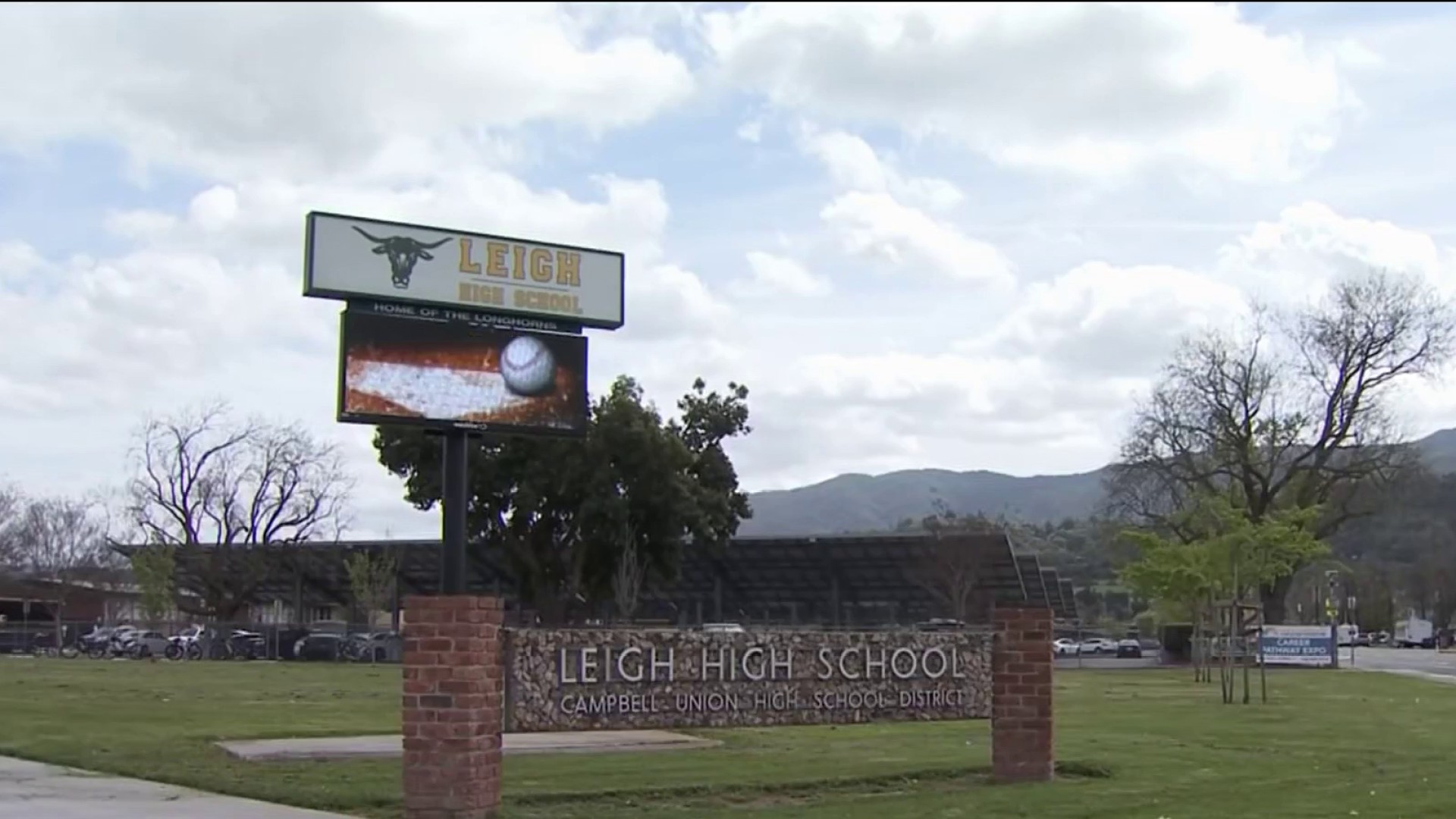Prosecutors rested their case against PG&E Thursday after the head of the National Transportation Safety Board’s San Bruno investigation revealed under cross examination that he wanted the company “kicked out” of the blast probe for repeated misconduct.
“In four incidents, they interviewed people after they were told not to,” NTSB lead investigator Ravi Chhatre testified Thursday about his experience with the utility as he ran the board’s investigation of the September 2010 gas explosion that left eight dead.
Chhatre’s testimony is central to the government’s allegations that the company misled federal investigators during the blast probe. The charges refer to an April 2011 letter in which PG&E denied having a policy to avoid costly inspections otherwise following over-pressurization events.
In the letter, PG&E asserts that the policy of only inspecting lines after pressure surges above 10 percent of allowed levels was a draft that had never been implemented.
On Wednesday, Chhatre told prosecutors he considered the April 2011 disavowal letter dubious.
During defense cross examination on Thursday, Chhatre acknowledged that he never even asked a question about the company’s letter before he finished the NTSB report on the blast in August 2011.
“I did not have the time or the luxury to look into it,” he maintained. He added later: “The issue did not go away from my mind.”
Local
Chhatre suggested the letter was only part of a pattern of improper conduct that left him increasingly frustrated. In January 2011, he said, that the company’s official liaison, Bob Fassett, secretly interviewed a retired employee in advance of an official NTSB interview.
“That was a big surprise and a big breach of protocol,” Chhatre told prosecutors on Wednesday.
PG&E defense attorneys asked where it is spelled out in the agreement the company signed that prohibited such interviews. Chhatre stressed that the company had to heed his instructions under that agreement, and he had specifically told the company not to conduct unauthorized interviews.
Still, in May 2011, he said, company officials once again secretly interviewed current and former workers before informing the NTSB about a prior leak on a seam weld of the San Bruno line – a 1988 leak that Chhatre says should have forced the company to check the line for other problems.
“That I will never forget in my life,” he said Thursday about the company’s late disclosure of the leak and backdoor interviews.
He told defense attorney Margaret Tough that he considered the misconduct so bad as to endanger the company’s privileged access to information as a “party” to the investigation.
“I asked that PG&E be kicked out as a party,” he said, but in the end the company retained that status.
At the time the government rested its case, PG&E had already filed a motion asking the judge to instruct the jury not to consider Chhatre’s allegations of supposedly meddling conduct as beyond government’s specific obstruction charge related to the April 2011 letter.
PG&E summoned its first witness on Thursday, Brian Daubin, an executive who coordinated the effort to give NTSB data after the blast. He said at one point, it was Chhatre who asked him to “vet out” data to assure that it was relevant to the blast.
“The NTSB had a very difficult job,” he said. “We were providing massive amounts of data to them.”
It was in that spirit, he said, that the company sought to pre-interview a retired employee who had contacted PG&E about being involved in constructing the section of the line that exploded. That way, Daubin said, the company would not be providing “too much information that was not pertinent to the case.”
While Chhatre complained that such pre-interviews could “contaminate” such a witness’s recollections, Daubin said that was not true for the ex-employee the company interviewed in advance, Frank Maffei.
“If you ever met Mr. Maffei, there’s no contaminating him – he’s one of a kind.”
Daubin said separately that in his role of providing requested information, he felt the need to school NTSB investigators on the complexities of pipeline operations.
“I think throughout the process, the NTSB didn’t have a full understanding of the pipeline industry per se,’’ Daubin said, adding that while the NTSB had “extremely competent” investigators, “they didn’t have an understanding of the specific rules.”



